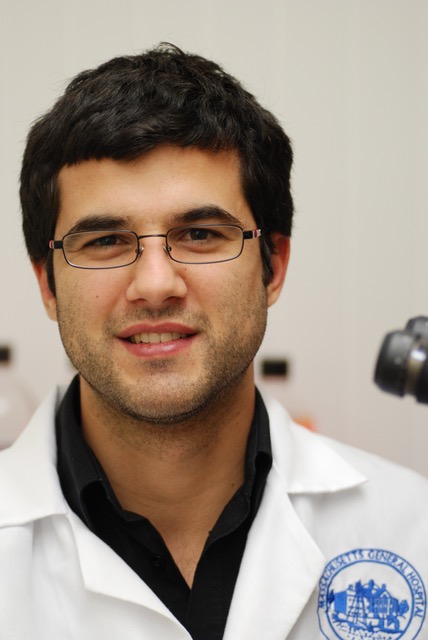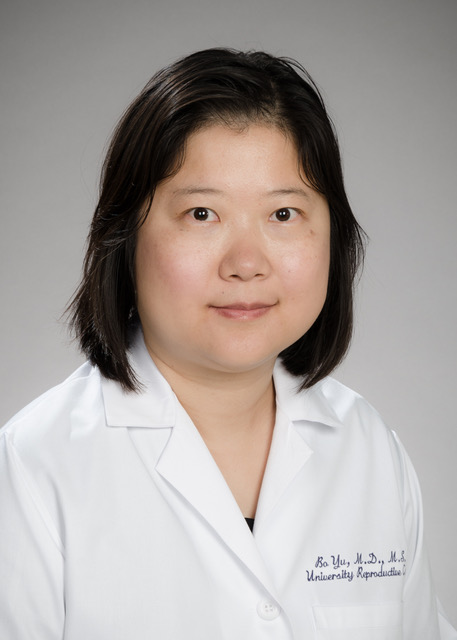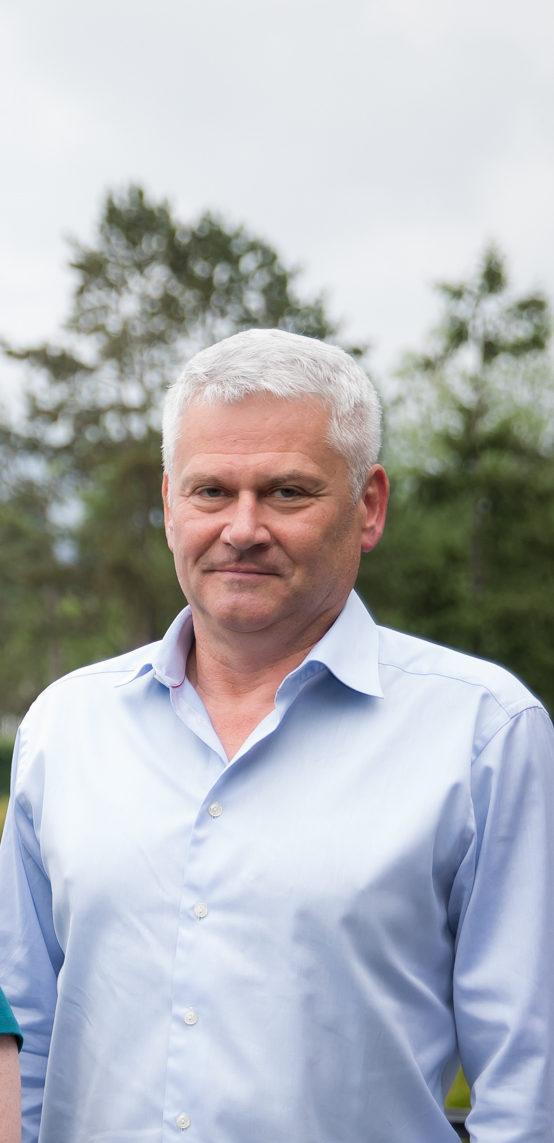Scientific Grants
We have funded more than $16 million in cutting-edge ovarian cancer research and studies.
Ovarian Cancer Research Grants
Every year, the Rivkin Center funds promising research in ovarian cancer, selecting researchers and studies through a highly competitive process. Each application is individually reviewed by a panel of nationally recognized experts for its scientific merit, novelty, and potential to affect the prevention, detection, treatment, and understanding of the disease.
Learn about 2024 funding opportunities through the Rivkin Center.
GRANTS CURRENTLY AVAILABLE
PilotStudyAwards
Rivkin/
WA CARE
Awards
OTHER GRANTS (AWARDED WHEN FUNDING IS AVAILABLE)
Scientific
Scholar
Awards
Bridge
Funding
Awards
University of Glasgow / Imperial College London2016 Pilot Study Award: Utilizing CRISPR/Cas9 Technology to Generate Improved Murine Models of Ovarian High Grade Serous Carcinoma
Dr. Iain McNeish developed much needed ovarian cancer mouse models that mimic the genetics of ovarian cancer in humans using the cutting edge CRISPR/Cas9 genetic engineering technology. The mouse models have single or combined mutations in genes known to be mutated in ovarian cancer, including Brca1, Brca2, Pten, Tp53 and Nf1. Dr. McNeish showed that the mouse models behave similarly to human cancers in response to known chemotherapy drugs. This study helped create critical tools that have been shared with 50+ labs worldwide. It will provide the basis for preclinical testing of new drug combinations and for understanding how ovarian tumors develop.
Massachusetts General Hospital2016 Scientific Scholar Award: AAV9 gene therapy using a novel engineered MIS to treat ovarian cancer
The Rivkin Center funded Dr. David Pepin in 2016 when he was just starting out his lab. He credits the early support from the Rivkin Center as being instrumental in building his ovarian cancer research program using virus-delivered gene therapy to combat the disease. As a result of the Rivkin Scholar Award, Dr. Pepin has received many other grants, including from the Department of Defense, that have allowed him to build on this initial project and other ovarian cancer-related projects.
“Funding during the postdoc to faculty transition is key in securing an independent research path without which it can be very difficult to survive the initial formation of the laboratory. I credit the funding from the Rivkin Center as a key factor in allowing me to do research in ovarian cancer, and has directly contributed to generating the data necessary to apply to larger grants such as the DoD and NIH. This award has allowed me to set in place many new collaborations (which are investigating both detection and treatment) which have benefited me and others, and ultimately will translate into better treatments for ovarian cancer.”
University of Washington2017 Cookie Laughlin Bridge Funding Award: The role of fallopian tube microbiome in ovarian carcinogenesis
Dr. Bo Yu is interested in understanding how bacteria in the urogenital tract might be impacting development of ovarian cancer in the fallopian tubes. She received the 2017 Cookie Laughlin Bridge Funding Award to collect preliminary data for a career development grant (K08) from the National Institutes of Health. After generating data with funds from the Cookie Laughlin Bridge Funding Award, Dr. Yu was successful in receiving the K08 career development award which is a five-year grant that will provide funding to allow Dr. Yu do carry out ovarian cancer research in addition to her clinical duties.
“I cannot thank Rivkin foundation enough for supporting ovarian cancer research and for giving new investigators like me an opportunity to start a research career in ovarian cancer.”
University of Washington2016 Lester and Bernice Smith Challenge Grant Award: Immuno-prophylaxis of ovarian cancer associated with high-risk germline mutations
To join the Rivkin Center Science email list and receive information for researchers and clinicians about ovarian cancer research grants and symposia send an email to Jackie Lang, PhD.





